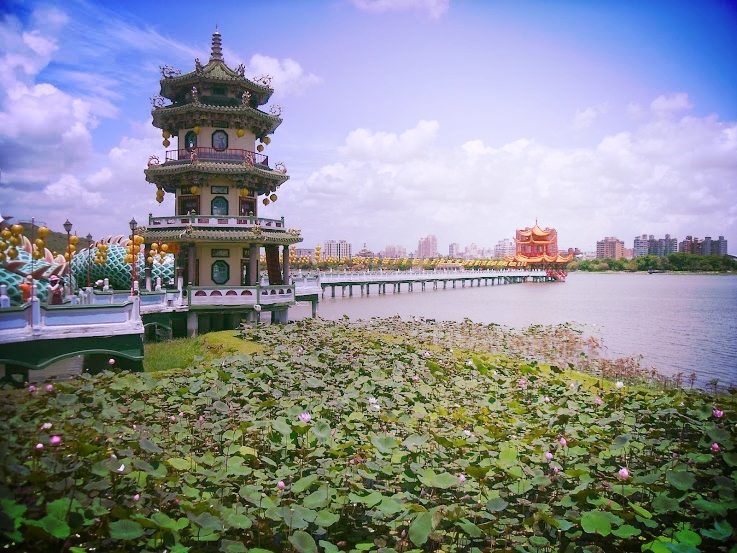“It’s far. The flights are long. The culture, food, and people are different. I’m not into anime or manga. I can’t use chopsticks. A ninja will attack me. (Fill-in-the-blank country) is closer.” For these and a slew of other reasons, many Americans do not turn to Asia for their international travels. I cannot refute the distance and long flights. I can, however, assure you that as the old adage goes: good things are worth waiting for – even enduring fourteen-plus hour flights for. So, what good things are awaiting you in Asia?
From the landscapes to the languages, Asia is extremely diverse. This past weekend, from where I live in Japan, I found myself ice skating in the mountains one day and strolling down the beach the next. Whether you fancy a tropical paradise like Bali, snow-capped mountains (Hello Himalayas!), or soaking in the natural hot springs of Japan, the nature in Asia offers something to appease everyone.
The food is just as varied, extending far beyond the popular exports of fried rice, sushi, and ramen noodles. I never imagined my favorite food in Japan, which is “chicken nan-ban,” would be a fried chicken dish. White rice is a staple food item throughout all Asian countries; yet each nation believes its own rice is the best. When I recently traveled to Cambodia, I was amazed that I could actually taste a difference between Cambodian and Japanese rice. (No comment on which is better!)
Beyond the national rice, every Asian country is proud of its unique language, history, and culture. Yet English is the common language across Asia, making life easier for Asian and non-Asian travelers alike.
When you are in Asia, you get to be a part of a social consciousness that strives for harmony, hospitality, and thinking of others before oneself. This means people will go to great lengths to welcome you, help if you are in need, or teach you about their culture. This can manifest in many forms from asking if you are lost in Tokyo to giving you an impromptu lesson on Cambodian dance. It also includes site-seeing tours from strangers and cooking lessons from your coworkers. Since Asian societies tend to be more homogenous than western ones, visitors are easy to spot and thus easy to extend such kindnesses to.
Thanks to the influence of Hollywood and popular music, Asian people tend to have a favorable view of westerners and the idea that everything we do, say, or wear is cool. Over a year-and-a-half after moving to Japan, I still receive stares in public and requests to pose for pictures with everyone from toddlers to the elderly. Although no one has asked me for an autograph yet, this is probably the closest experience I will get to being a rock star. Furthermore, celebrity status compounds the amount that people try to welcome and help you.
Why Asia? In Sum:
Geographic and cultural diversity
A social consciousness that you get to be a part of
Celebrity Status
Why Asia? Precisely because it is far, and the culture, food, and people are different.


